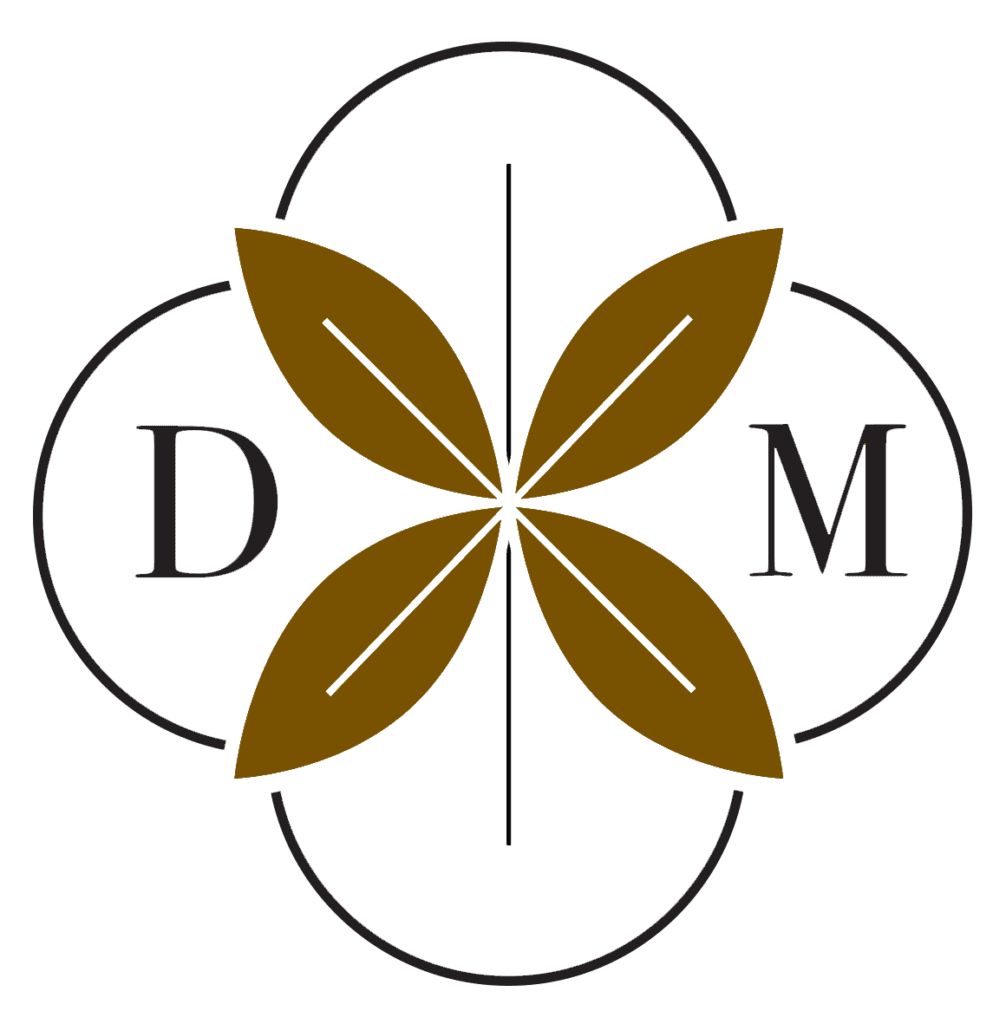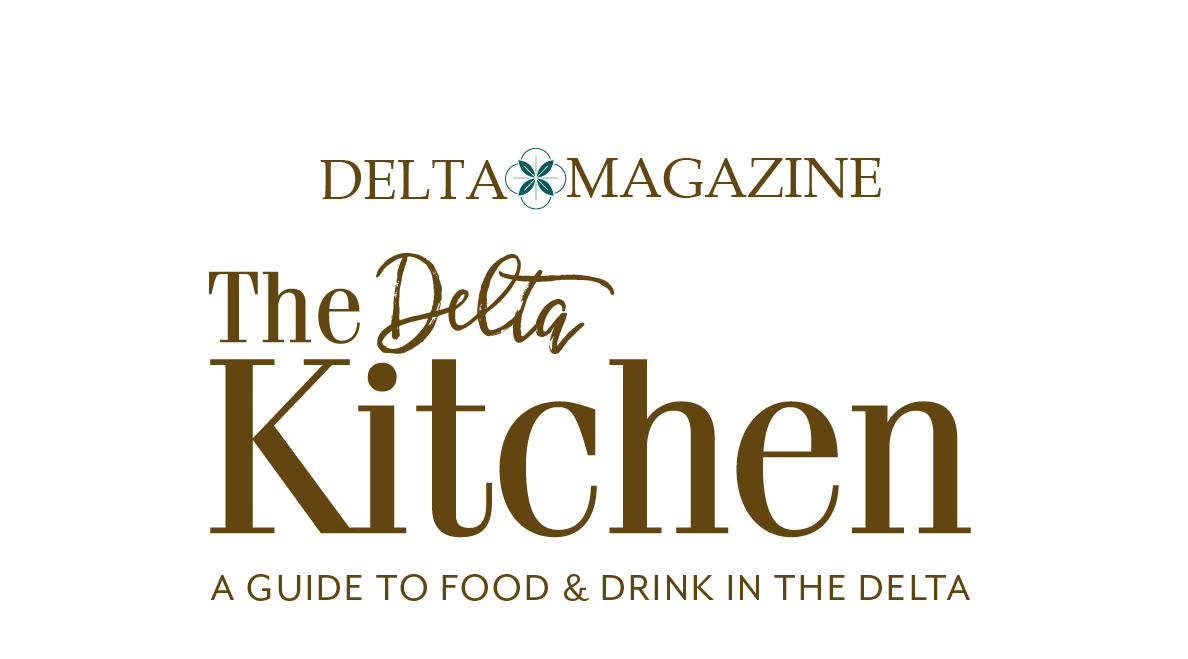By Sherry Lucas
Photos courtesy of Somewhere South
In a region so often identified in black and white terms, award-winning celebrity chef, author and TV host Vivian Howard delves into all the shades in-between to highlight the foods and cultures dotting the Southern landscape. Her new six-part PBS series “Somewhere South” premieres March 27-May 1, Fridays at 8 p.m. CDT on PBS, PBS.org, the PBS Video App and Mississippi Public Broadcasting stations.
Howard’s previous series, “A Chef’s Life,” was a deep dive into the cuisine of her native eastern North Carolina — ultimately, a pretty narrow picture of Southern food, she says. “We wanted to show a broader picture of what it means to eat Southern food, and to be Southern.”
In “Somewhere South,” food offers a tasty way into the various communities who’ve enlivened the culinary landscape of Southern states, including Mississippi, where Howard checks in with Chinese-Americans in the Mississippi Delta and members of the Jewish community in Jackson. The “Dumpling Dilemma” episode, which includes people and locations in Mississippi, airs at 8 p.m. April 10.
“We had this thought — and I’m not the first person to recognize this — but there’s really only about 20 dishes in the whole world,” Howard says. “Everybody has a way of cooking greens, everybody has a dumpling, everybody has a barbecue, everybody has a pickle … I saw that as a common ground to start, with hopes of showing different versions of those, in an effort to soften the edges about the way we feel about each other,” and unite folks across cultural and community divides.
“We use the dishes every culture shares as entry points, not only to learn about different food traditions, but to show a picture of the different communities all around the South.” Mississippi held a particular intrigue for Howard, daughter of a farmer whose idea of a good vacation would be to fly to Mississippi and drive around looking at Delta farmland, she says.
Chinese dumplings open the door to discovery — of the story of Chinese immigrants who came to the Mississippi Delta to work in cotton fields and then found better opportunities with grocery stores, often corner markets, that dotted Delta towns in more prosperous times. Subsequent college-educated generations found even better opportunities in other professions and moved on, but many families had put down roots and made the Delta home. “That’s a history lesson I was not even aware of,” Howard says.
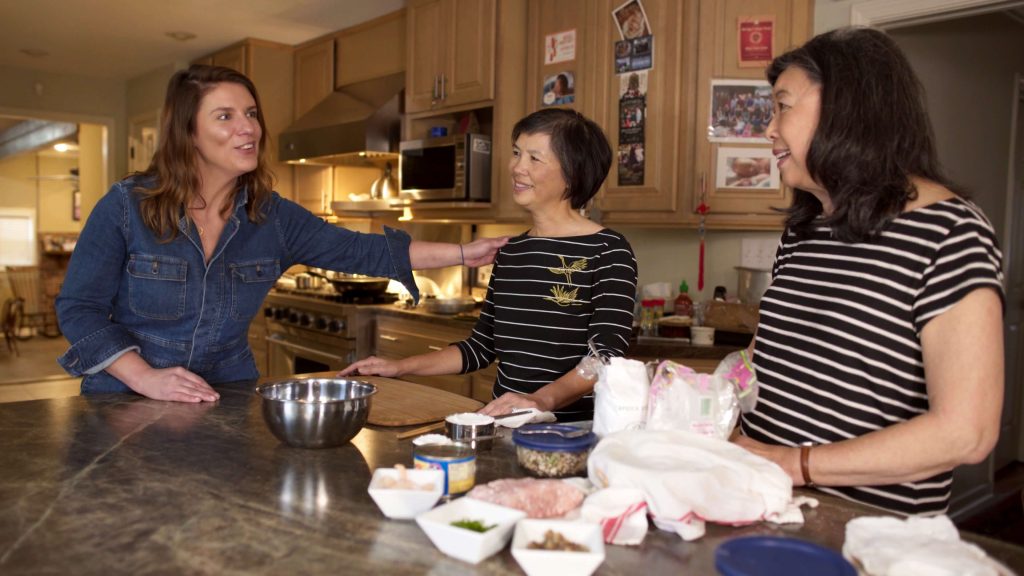
Featured are a dumpling-centric feast at Gilroy and Sally Chow’s home and a stop by Gene’s Market in Clarksdale, a visit to the Mississippi Delta Chinese Heritage Museum at Delta State University in Cleveland and a session in the kitchen at Mai Little China in Greenwood. At the heart of the exploration is the definition of a dumpling, which can range from the packets of tasty fillings in Chinese cuisine to the meal-stretching matzo balls in Jewish culture to the soul food staple, chicken and dumplings.
Chinese dumplings — little pockets of love, in one description — are a labor-intensive, multi-step, time-consuming process that most folks leave to the pros these days. “Hardly anybody makes dumplings at home anymore,” says Sally Chow. “It’s a generational thing. They’re so tedious to make, and it takes so much time. Some parents used to do it. What we do now is, we go to Asian Palace in Memphis. They make everything, and they do a wonderful job!”
Chow’s cousin, Carol Chinn, highlights her mother’s recipe for shrimp, pork and mushroom dumplings, a recipe she hopes to teach to her daughter. “We all got her recipe, we were so impressed with it,” Sally Chow says. In the current climate of COVID-19 concerns, “Maybe in this confinement, I can try out some of these.”
Gilroy Chow recalls the days when dumplings were the currency of hospitality and friendship between Delta families. Different women had different specialties and, when they’d commit to the day-long process, they’d often make enough for family and friends, too. “That’s the lost tradition.”
His outdoor wok-on-wheels and a huge steamer on loan steamed up 30 dishes provided by Asian Palace for the feast. That wok left an impression on Howard, namely “I don’t know why there aren’t more of them! And, why don’t I have one? It’s such a brilliant idea!”
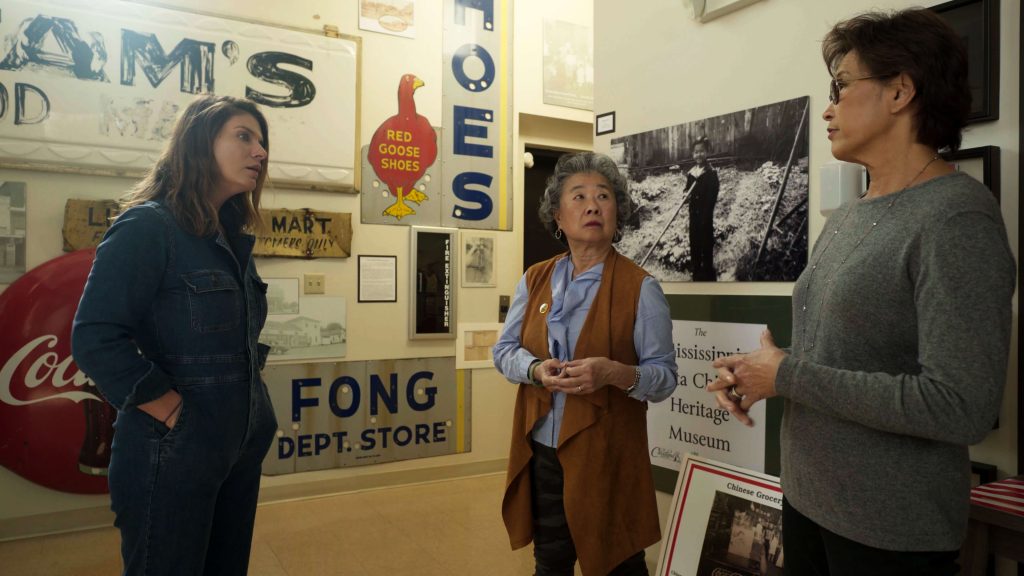
The Delta reminded her of eastern North Carolina, as an agricultural region that’s seen more prosperous times, she says. Red’s Lounge in Clarksdale was a highlight. “I have always wanted to go to a blues joint, and the intimacy of that experience is something I’ll never forget.
“Another thing that really stuck with me in Clarksdale was the way the economic impact has shaped the community and how there are little things that are happening that represent a resurgence, such as a super cool boutique hotel … and a feed and seed store,” she says of Travelers Hotel and Collective Seed & Supply Co. “I wanted to buy everything in there and if not for the fact that I was traveling with a carry-on, i may have!”
In Greenwood, at Mai Little China, owners Cathy and chef Matthew Mai show Howard how to make pork and chive dumplings, and a sweet dumpling, Jeen Duy, from Cathy’s mother’s recipe. Cathy confesses, “I’m very slow when I wrap. If you have a professional, like my mom … she could whip out 100 in a day, leisurely, and every one would be uniform and look like it was a machine process.” She chuckles about her own efforts, “all different shapes and sizes.”
“Growing up, we always had dumplings,” she continues “It’s just a comfort food.” Her mother, Lillian Kwong, passed away this past October. “It was special to be able to share that, in her honor,” for “Somewhere South.”
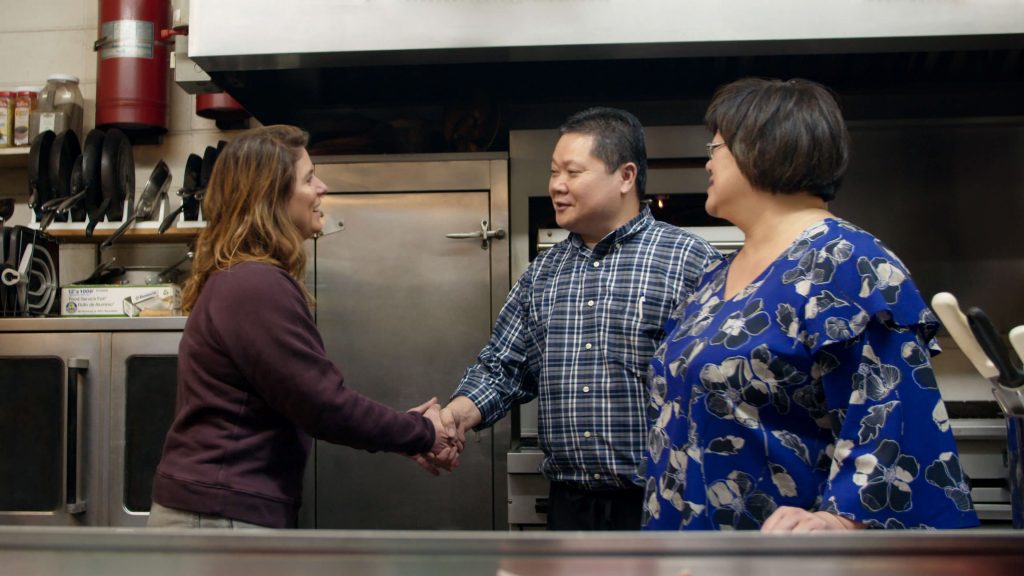
Even the roots of their pork and chive dumplings run deep. The chives were grown by Matthew’s mother, with original connections to Cathy. “When I bought my starter home here, Mom came and planted those chives for me.” The Mais moved to a different house, and his mother lives there now, and she has continued that garden, growing a big one every year.
